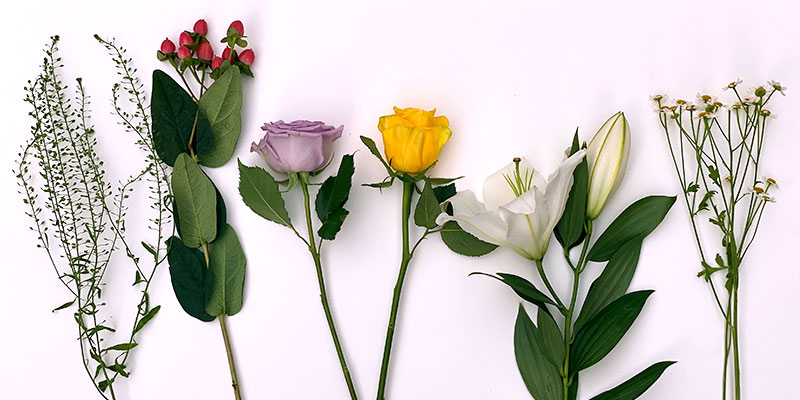
Learn the truth behind some of the most common myths about flowers and plants.
Flowers and house plants bring much joy to our lives. So much joy, in fact, that we try desperately to keep them alive and thriving for as long as possible!
Unfortunately, myths abound, and it can be tricky to know what advice to believe and what to ignore. Luckily, our floral fanatics are on hand to help you separate the wheat from the chaff. It’s time for some myth-busting...
TRUE: House plants purify the air
We’re filing this under ‘true’, but it’s a tad complicated. Both indoor and outdoor plants breathe in reverse to humans - they absorb carbon dioxide and emit oxygen during photosynthesis. Some house plants also soak up air pollutants, such as gases from your paints, cleaning products and new furniture, but they do so extremely slowly. To impact your home’s air quality, you’ll need at least one plant per 100 square feet of floor space.
Nasa’s 1989 Clean Air Study found that ferns, spider plants, areca palms, marginatas and peace lilies are among the best at removing nasty chemicals from the air.
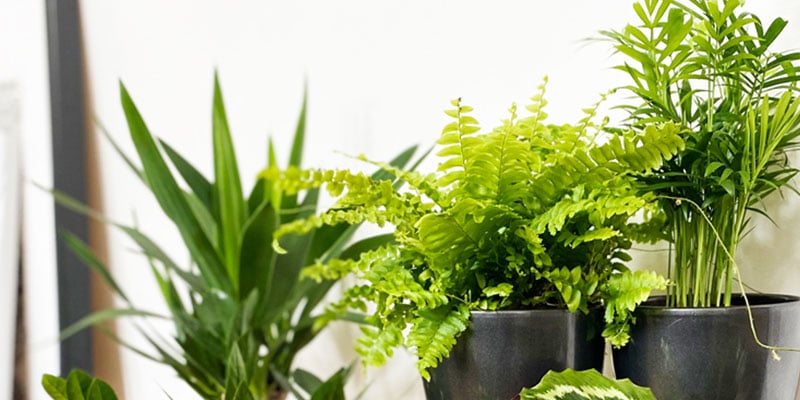
TRUE: Bananas kill flowers!
Who knew bananas were secret murderers?! It’s true. Ripening fruit, especially bananas, gives off a gas called ethylene that shortens a flower’s life. Get around this by displaying your vase away from the fruit bowl.
FALSE: Peeling off a rose’s guard petals will kill it
If your roses start looking a little brown, ripped and sorry for themselves around the edges, there’s an easy solution. The outer petals are known as ‘guard petals’ because they’re only there to protect the inner bud. They can be gently peeled off without harming the flower, revealing pristine petals underneath that’ll look prettier on display.
Roses rarely last longer than 10 days, but ours arrive in bud for longevity. Just remember to give them space in the vase to open up.
TRUE: Lilies can kill my pet
Unfortunately, lilies are toxic to cats, and sometimes dogs. The entire plant is extremely poisonous, meaning a small nibble of a single leaf has the potential to cause fatal kidney failure. Your pet can make a full recovery after ingesting lily, but only if they receive emergency veterinary treatment within 18 hours.
Other flowers and house plants to keep your furry friends away from include tulips, alstroemeria, peonies, peace lilies and dracaenas. The good news is that most species are safe for animals, including roses, sunflowers, orchids, ferns and spider plants. If in doubt, have a quick Google or buy from our pet-friendly range.
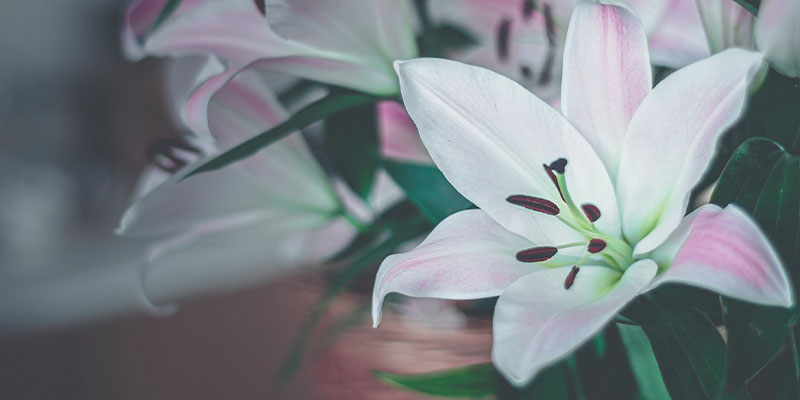
TRUE: House plants reduce stress and anxiety
Nature has long been positively linked to wellbeing. In 2010, a study conducted in Japan found that spending time in forests can lower a person’s heart rate, blood pressure and stress levels. Sadly, we don’t all have a forest on our doorstep, but house plants make a decent substitute for city dwellers, especially if you can opt for something bigger like our metre-high, twin-trunked yucca or jungle-esque tropical bundle.
Caring for a living thing can give us purpose, calm us down and ground us in our present reality. There’s a reason why horticultural therapy is often prescribed for people suffering from depression and PTSD, so why not give it a whirl?
TRUE: Putting a penny in the bottom of the vase stops flowers wilting
Ever been told this by a relative and laughed? Well, there’s actually some truth to it! Copper makes water more acidic, which helps it travel up your flower stems more quickly, keeping them fresher for longer. Crushed aspirin has a similar effect.
Of course, flowers don’t live forever, so your grandma’s hack won’t keep them from wilting entirely. If only! For peace of mind, look for flowers that are guaranteed to stay fresh for at least seven days. Our happiness guarantee lets you buy blooms worry-free.
FALSE: Orchids are high-maintenance
OK, so orchids can verge on the fussy side, but we’ve slapped a false label on this myth because they can also be very easy to look after! Orchids are tropical, meaning they prefer hot and humid conditions. Bear this in mind and display them in a steamy kitchen or bathroom, and you shouldn’t have any trouble keeping them healthy.
If your orchid’s leaves are bright green, this means they’re getting enough light. If it’s potted, repot it once its flowers fall off to encourage further growth. We love orchids here at Appleyard, so be sure to browse our dedicated orchid shop.
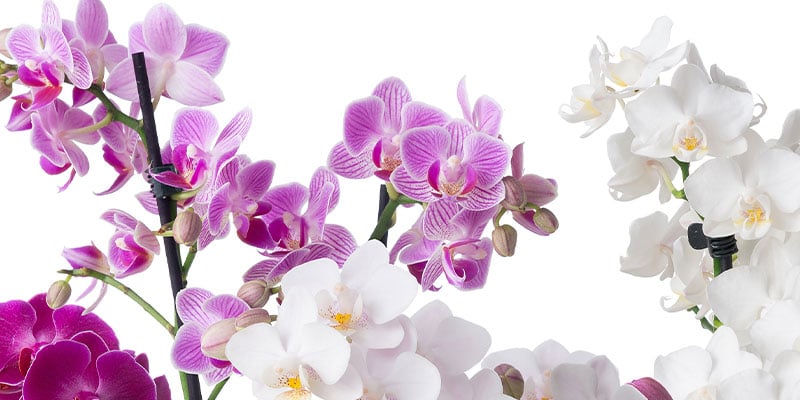
FALSE: Hayfever sufferers can’t enjoy flowers
It makes sense to assume that flowers are a no go if you struggle with allergies, but actually, many species produce heavy pollen that’s unlikely to become airborne. Big, bright flowers like lilies, tulips and peonies are pollinated by insects, rather than the wind, making them a safe choice for hayfever sufferers.
TRUE: You should always cut flowers at an angle
There’s nothing wrong with cutting your flowers horizontally, but you’ll enjoy better results if you sharply snip an inch off each stem at a 45-degree angle. Doing so maximises the surface area for greater water uptake and means they won’t end up sitting flat against the bottom of your vase, getting thirsty. Retrim the stems after a few days to keep your blooms hydrated and happy.
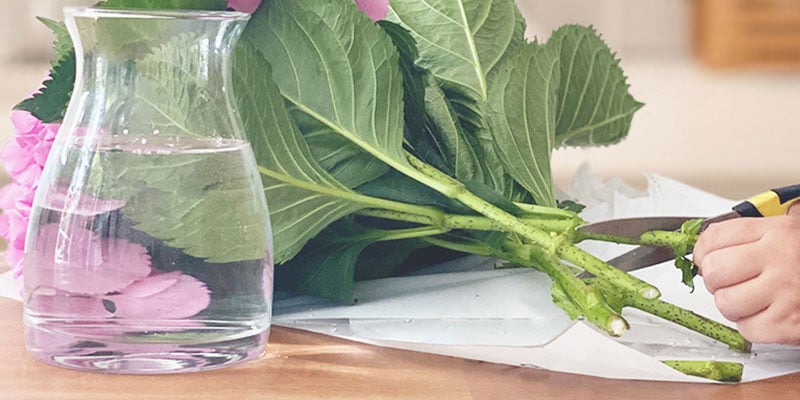
FALSE: You don’t need to water a cactus
While it’s true that cacti and succulents are hardy in dry habitats, storing water in their thick stems or leaves, everything needs water to survive! Signs that your cactus needs hydrating include a soft, wrinkly body and dry spines that are falling off easily. Watering your cacti when the soil has dried out completely should be sufficient, making them an easy plant to maintain.
TRUE: The colour of hydrangeas depends on the acidity of their soil
That’s right, chemistry can be cool! The colour of certain varieties of hydrangeas depends on the pH of the soil they are grown in, with acidic soil producing blue or purple petals and alkaline soil creating pink or red flowers. You can lower your soil’s pH by adding coffee grounds or vinegar and raise it by using baking soda or ground limestone. White hydrangeas are unaffected by soil acidity; they will always be white.
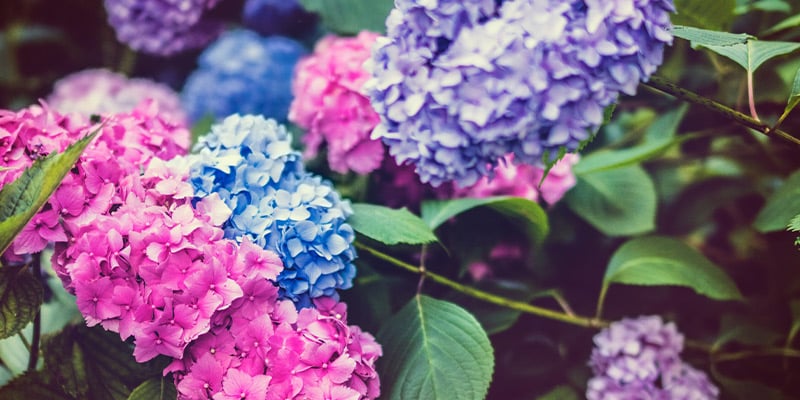
Appleyard’s flowers are covered by our happiness guarantee, so you can rest assured that you or your lucky recipient will enjoy them for at least a week, if not longer! Flower care tips are included with every lovingly-arranged bouquet. Shop our collection today.
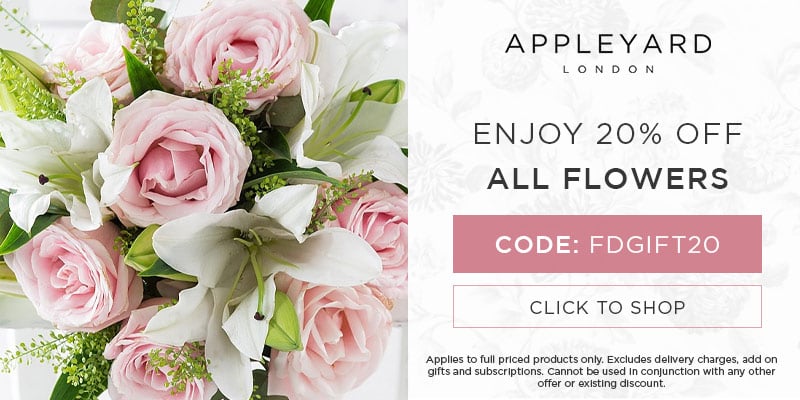

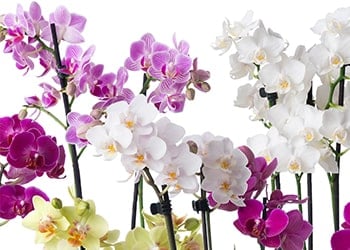
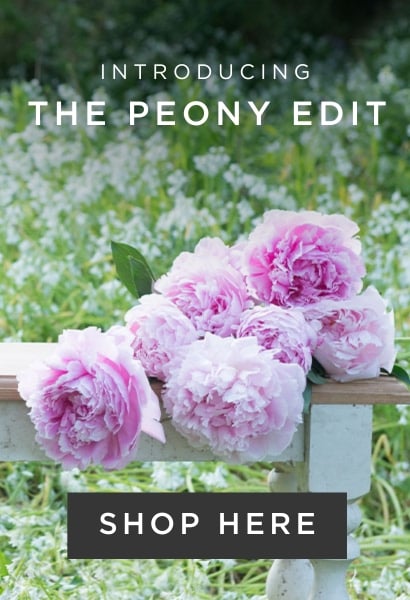
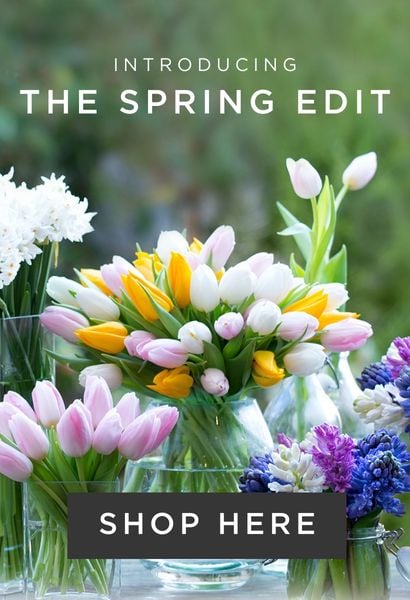


